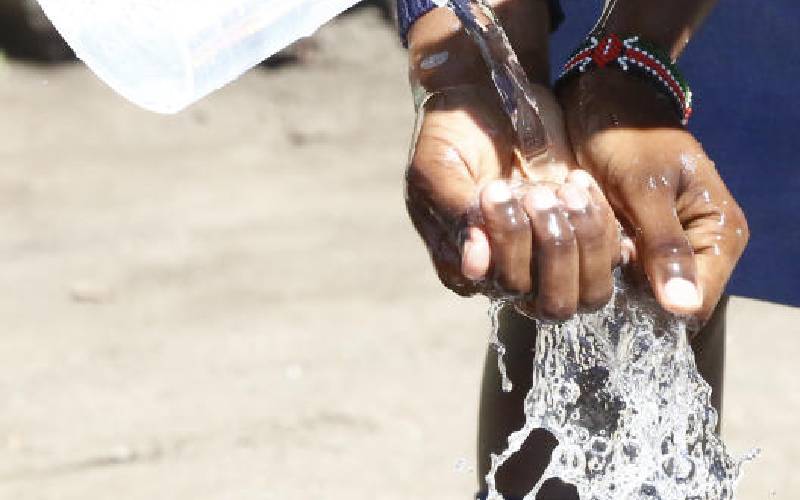×
The Standard e-Paper
Stay Informed, Even Offline

Since the outbreak of the coronavirus disease in Wuhan, China, in December 2019, over 180 million across the world have been infected with 3.91 million others having succumbed to the disease.